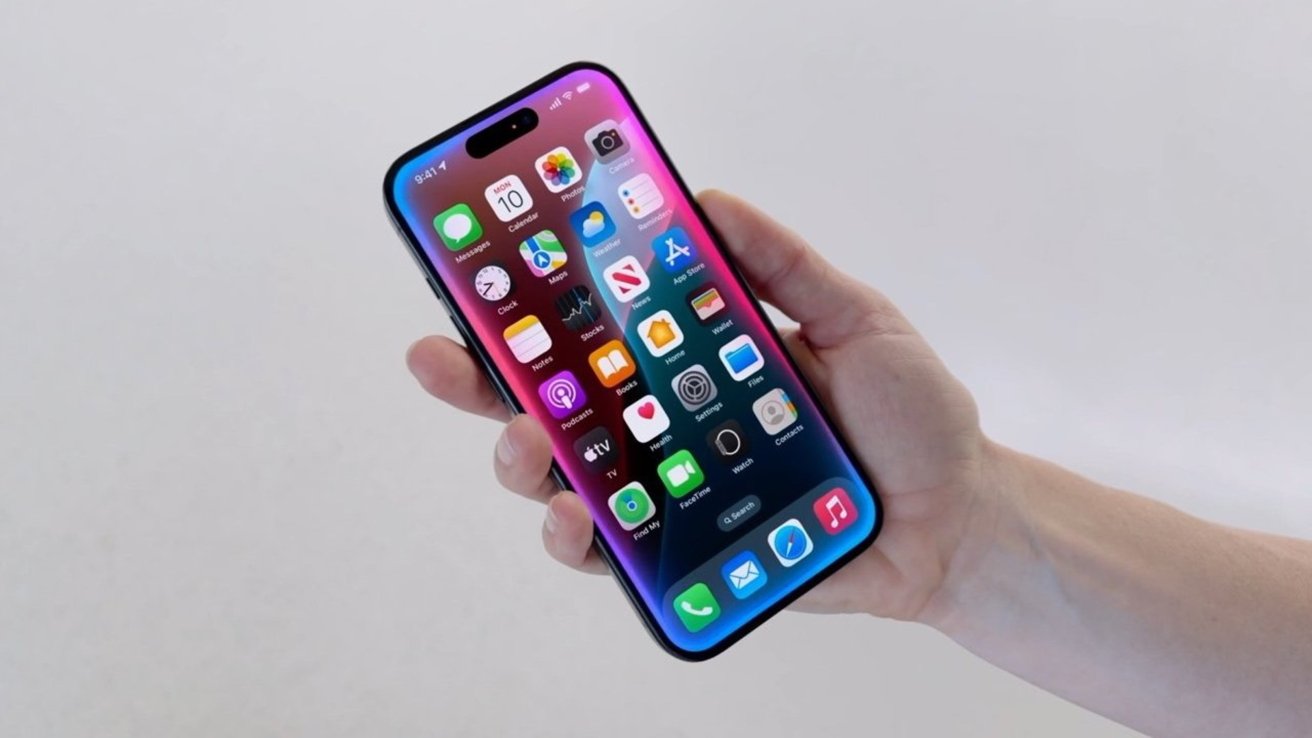In a high-profile legal battle, Meta Platforms is actively defending itself against antitrust allegations from the Federal Trade Commission (FTC), which seeks to dismantle the company. As part of its defense strategy, Meta has presented data highlighting the widespread use of Apple’s Messages app to argue that it does not hold a monopoly in the messaging and social networking sectors.
Meta’s Defense Strategy
Meta’s legal team has introduced comparative usage statistics to demonstrate the competitive landscape of messaging applications on iOS devices. According to the data:
– Apple Messages: Utilized on 88.39% of devices
– Instagram: 48.19%
– Facebook Messenger: 37.55%
– WhatsApp: 36.76%
These figures suggest that Apple’s native messaging service significantly surpasses Meta’s platforms in terms of user engagement on iOS devices. By presenting this data, Meta aims to challenge the FTC’s assertion that it dominates the personal social networking market.
Contextualizing the Data
The data was revealed through Meta’s opening statement slides, which have been made publicly accessible. These slides include a quote from Ronak Shah, Apple’s Director of Product Marketing, stating that a core use case of iMessage is to allow users to communicate with the people that are in their life that they know. This statement underscores the personal communication focus of Apple’s Messages app, aligning it closely with the functionalities offered by Meta’s platforms.
Broader Competitive Landscape
Beyond Apple’s Messages app, Meta’s defense also points to competition from other major platforms such as TikTok, YouTube, and Snapchat. By highlighting the presence of these formidable competitors, Meta seeks to illustrate the dynamic and competitive nature of the social networking and messaging markets.
Implications for the Antitrust Case
The inclusion of Apple’s Messages app in Meta’s defense strategy is a calculated move to demonstrate that consumers have multiple viable options for personal communication, thereby challenging the notion of Meta’s monopolistic control. This approach aims to provide the court with a broader perspective on user preferences and market competition.
Industry Reactions
The tech industry has been closely monitoring this legal confrontation, as its outcome could set significant precedents for antitrust enforcement in the digital age. Observers note that Meta’s strategy of leveraging a competitor’s success to defend against monopoly allegations is both innovative and indicative of the complex interdependencies within the tech ecosystem.
Conclusion
As the legal proceedings continue, Meta’s reliance on the popularity of Apple’s Messages app to counter monopoly claims highlights the intricate and competitive nature of the messaging and social networking markets. The case’s resolution will likely have far-reaching implications for how competition is assessed and regulated in the technology sector.


